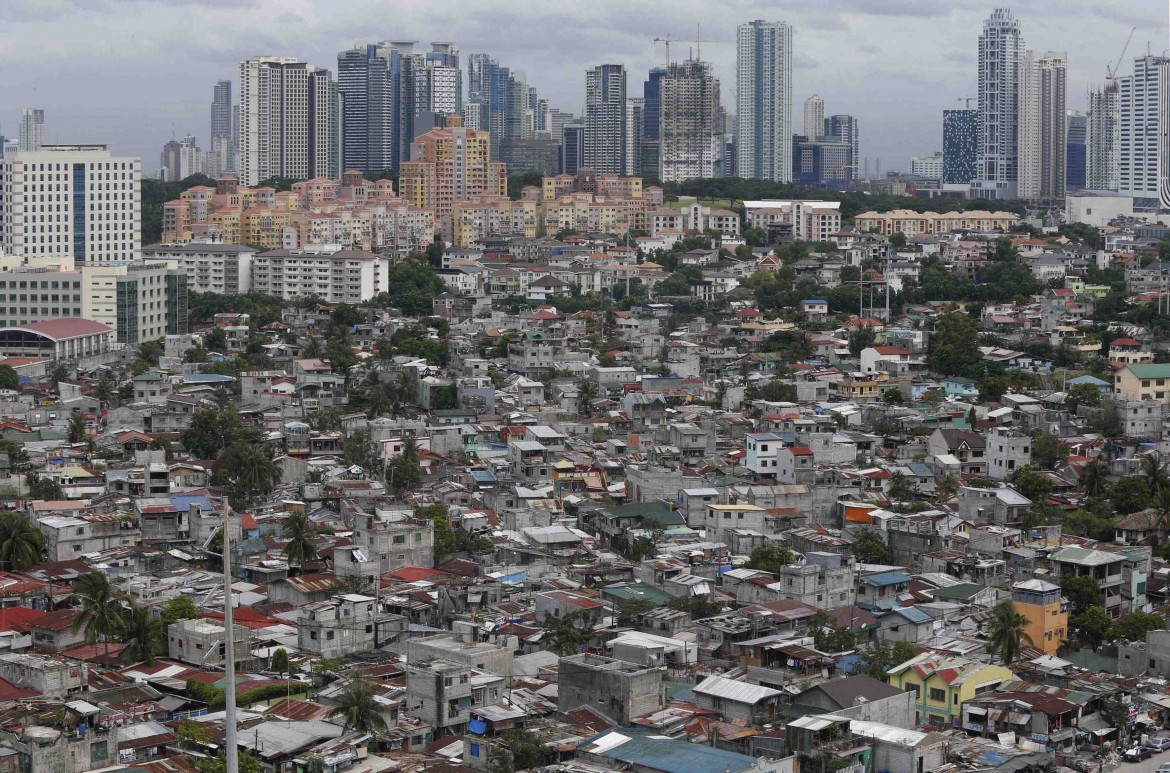Analysis
Indigents in the hands of the 1 percent
Inequality is growing faster than ever. The new Oxfam report should serve as a warning that the wealth gap serves no one’s interests — including the wealthy.

The Occupy movement’s slogan, “We are the 99 percent,” has never been so meaningful. This week, Oxfam revealed that the richest 1 percent of people controls more wealth than the rest of the world’s population combined.
The new report, “An Economy for the 1%,” released ahead of the Davos Forum, shows that not only is inequality increasing — it’s accelerating. In 2010, the 388 richest billionaires owned assets equal to the poorest half of the planet. In 2014, it was 80 people. Today, it’s 62. Sixty-two people are as rich as 3.6 billion human beings. Those 62 have seen their wealth grow by 44 percent, more than $500 billion, while the poorest half of the world became 41 percent more impoverished.
The world as a whole has gotten richer since the beginning of this century. But while the richest 1 percent have increased their wealth by half, the poorest 3.6 billion have only gained 1 percent. This phenomenon is particularly dramatic in the poorest countries. In the global South, the poorest 10 percent saw their wages increase by less than $3 per year in the last quarter century. If inequality had not increased during this period, 200 million people would have been lifted out of extreme poverty. In the same period, the average salary in the United States increased by 10.9 percent; CEO salaries increased 997 percent.
What are we to make of all this? Let’s leave out the environmental unsustainability and even the social injustice for now and look only at the economic consequences. In a recent study, the Organization for Economic Cooperation and Development points out that inequality has caused an 8 percent drop in GDP over two decades. The reason is simple: If workers are poorer, consumption (and thus aggregate demand) diminishes. The “solution” has been to issue credit to households and businesses, falsely plumping the GDP. The subprime debt economy can work for a few years, until the bubble inevitably bursts.
The other solution is to dump the problem in the short term and focus entirely on exports. Cut wages, workers’ rights, welfare and business taxes. Obviously that would increase inequality and cripple domestic demand, but exports would remain competitive.
That’s the current European model, summarized in the “Five Presidents Report” released last year, setting out financial goals in the coming years. In the chapter on “convergence, prosperity and social cohesion,” it succeeds in not once mentioning the words “rights,” “income” or “inequality.” But “competitiveness” is used 17 times.
In such a model, the growth of inequality is therefore a troublesome side effect but also the very basis of a game designed by and tailored for the 1 percent — a race to the social, environmental and fiscal bottom in order to win the international competition. The simple question is: If inequalities are increasing everywhere and the competition is global, what happens when there’s nowhere left to export? Unless NASA discovers consumers on Mars, this economy of the 1 percent doesn’t seem particularly far-sighted.
Where should the E.U., which as a whole has the largest trade surplus in the world, send its exports? It looks to Asia and emerging economies, but even those markets are showing signs of cracks with the recent drop in the Shanghai Stock Exchange.
The data released by Oxfam are an affront and a shame in terms of social justice, but they’re also disastrous merely from an economic standpoint. The current situation is a recipe for a new crisis. The problem is that the increase in inequality from 2008 to today is also a sign that the people who caused this fire are still holding the matches. That makes it difficult to get the message across in Davos, the annual meeting of the 1 percent — indeed, the 1 percent of the 1 percent — that continues to look down on the rest of humanity.
-> Sign the Oxfam petition against tax havens
Originally published at on
